The Federal Government of Nigeria has approved the deployment of solar hybrid power systems to eight universities and one teaching hospital, marking a major step toward clean, reliable energy for education and healthcare institutions.
This initiative is part of Phase IV of the Energising Education Programme (EEP)and will be carried out by the Rural Electrification Agency (REA).
The benefiting institutions include:
Ahmadu Bello University, Zaria
University of Nigeria, Nsukka
Federal University, Wukari
Federal University, Dutse
University of Benin
University of Ibadan
Obafemi Awolowo University
University of Lagos
One unnamed teaching hospital
Speaking on the development, **Minister of Power, Chief Adebayo Adelabu noted that the project aims to significantly reduce energy costs, phase out diesel dependency, and ensure stable electricity for learning, research, and healthcare.
“The absence of reliable power in most institutions has grown into a crisis. This initiative will bring relief and improve the quality of education and medical services,” he said.
Solar Power for Agriculture and Rural Recovery
In a broader push for infrastructure modernisation, the government also launched the Agricultural Centers of Excellence (ACE) programme. Led by the REA, this effort introduces solar-powered tools to support farmers and agro-processors nationwide.
The solar integration will reduce the use of diesel-powered mills, boost agricultural output, and enhance food security. Importantly, it also ties into recovery efforts for communities displaced by conflict and climate events.
“This project is about empowering rural Nigerians through productive, solar-driven activities,” Adelabu explained. “It ensures no one is left behind in the transformation of our power sector.”
The programme prioritises solar-powered agro-processing tools for resettlement areas and shelters, giving displaced persons a chance at sustainable livelihoods and economic inclusion.
With these projects, Nigeria is not only addressing energy poverty in critical sectors but also laying the groundwork for a more inclusive and sustainable energy future.






























































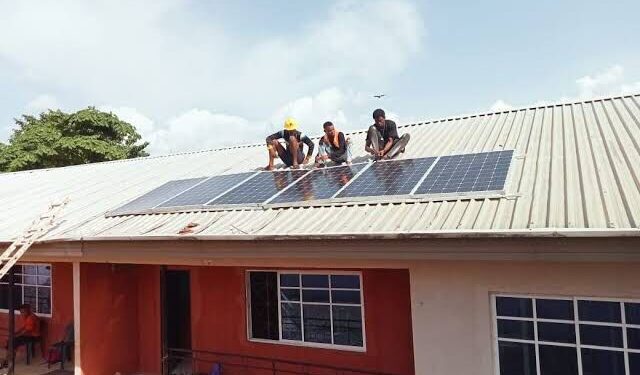




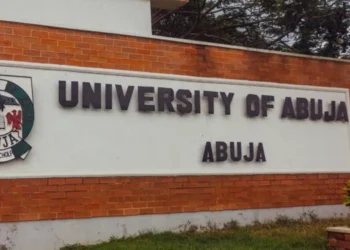
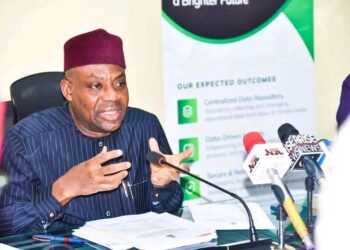
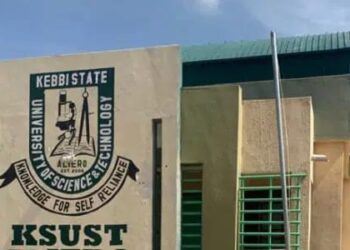


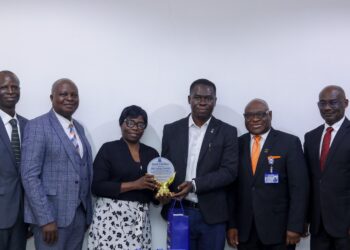










 EduTimes Africa, a product of Education Times Africa, is a magazine publication that aims to lend its support to close the yawning gap in Africa's educational development.
EduTimes Africa, a product of Education Times Africa, is a magazine publication that aims to lend its support to close the yawning gap in Africa's educational development.